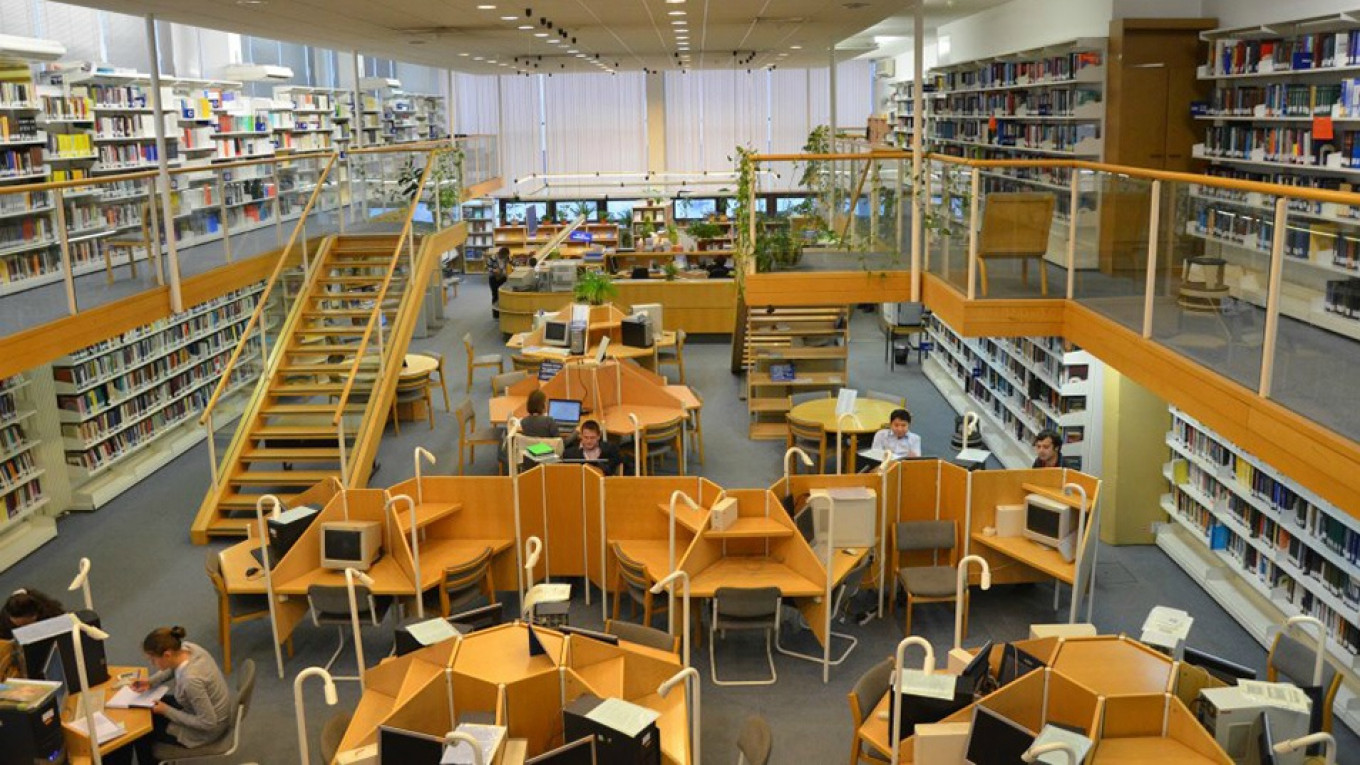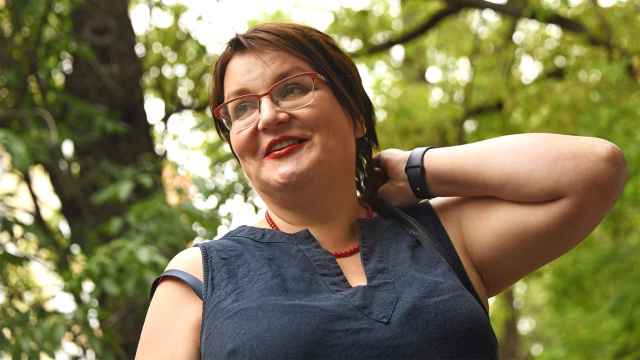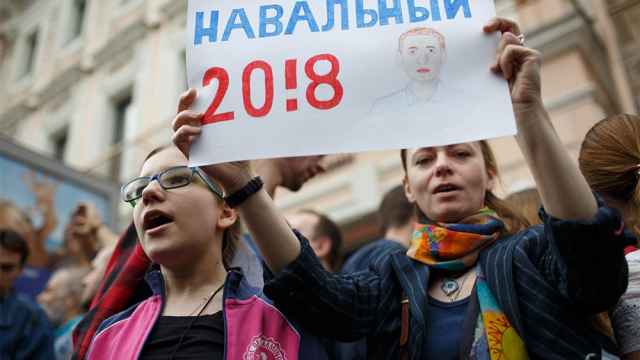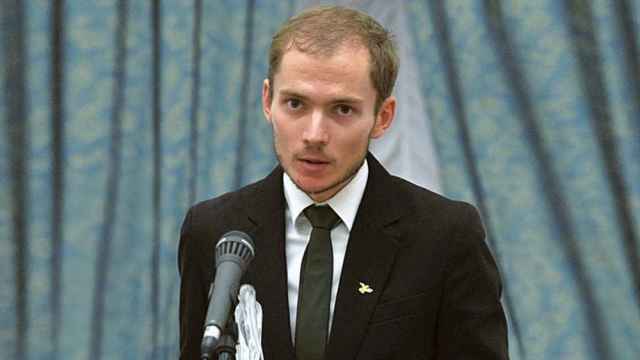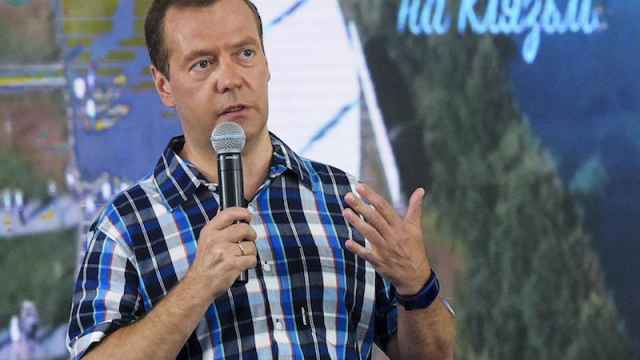Students and educators in Russia are in shock after the state education watchdog’s decision to revoke a prestigious private university of its accreditation, in a move seen as part of a wider crackdown on progressive universities.
The Moscow School of Social and Economic Sciences, also known as Shaninka, was founded in 1995 as an experiment in British-style education in Russia. The school, which issues joint diplomas with the University of Manchester, offers programs in the humanities, law and social sciences.
Last Wednesday, Russia’s education watchdog Rosobrnadzor announced that it was revoking Shaninka’s accreditation after an inspection reportedly found that the school had violated several formal education provisions set by the regulator.
In an official document it cited a shortage of lecture hall space, low qualifications of instructors and said several courses failed to give students practical skills.
Critics have slammed the move as an attempt to clamp down on one of the country’s last independent educational institutions, saying that the reported violations are being used as a pretext to target the university.
Calling Shaninka “one of the best private universities” in Russia, Alexei Kudrin, the head of Russia’s Audit Chamber and a prominent liberal economist, criticized the watchdog’s decision as being based on “paper” arguments.
Kudrin, described by some as the only reformer trusted by President Vladimir Putin, countered that Rosobrnadzor should be “radically reformed.”
“We need to seriously reduce the formal criteria [for inspections]. They disrupt the work of universities and contradict the development goals of the country,” he tweeted on Saturday.
Too liberal?
Commentators have pointed out that Shaninka risks the fate of the European University in St. Petersburg — another renowned private university which lost its accreditation in 2016, in what was also widely believed to be a politically-motivated crackdown.
Ilya Budraitskis, a political philosophy professor at Shaninka, told The Moscow Times “there is good reason for the comparison.”
“In both cases we see ulterior motives behind the taking away of accreditation,” he said.
Budraitskis said that Shaninka’s liberal curriculum and close relations with Britian left it vulnerable to political pressure. “On one hand there are people in the security services that are opposed to European institutions like Shaninka. On the other, they do not have the will or ability to voice these beliefs in public,” he said.
Students at risk
The hundreds of students currently studying at Shaninka now face completing their studies without a guarantee that their degree will be recognized in Russia.
Nikolai, a sociology student who asked for only his first name to be used, told The Moscow Times that most students planned to continue despite the bad news. “We’re reading texts, discussing theoretical problems and studying, as always,” he said.
“They haven’t closed us down yet and we’re hoping that the public attention will help make sure the situation does not deteriorate further,” he added.
Meanwhile, the school’s rector Sergei Zuyev has said that the university would continue to operate in full capacity and was preparing to welcome a new group of students for the coming academic year.
“A withdrawal of accreditation doesn’t mean a suspension of educational activity,” he said in a facebook post, noting that Shaninka still held a license to teach classes.
Meanwhile, many faculty members fear that the backlash against liberal universities in Russia has now come to them.
“We are the last link in a chain of independent non-governmental universities that were created within the last 25 years in Russia, which have since been slowly destroyed,” Vasily Zharkov, the head of the school’s faculty of international politics, told The Moscow Times.
“The battle has come to us. We cannot retreat now, we are here. The forces are unequal. But we are not thinking about this, we will stand tall,” he said.
Includes reporting by Anton Muratov.
A Message from The Moscow Times:
Dear readers,
We are facing unprecedented challenges. Russia's Prosecutor General's Office has designated The Moscow Times as an "undesirable" organization, criminalizing our work and putting our staff at risk of prosecution. This follows our earlier unjust labeling as a "foreign agent."
These actions are direct attempts to silence independent journalism in Russia. The authorities claim our work "discredits the decisions of the Russian leadership." We see things differently: we strive to provide accurate, unbiased reporting on Russia.
We, the journalists of The Moscow Times, refuse to be silenced. But to continue our work, we need your help.
Your support, no matter how small, makes a world of difference. If you can, please support us monthly starting from just $2. It's quick to set up, and every contribution makes a significant impact.
By supporting The Moscow Times, you're defending open, independent journalism in the face of repression. Thank you for standing with us.
Remind me later.


